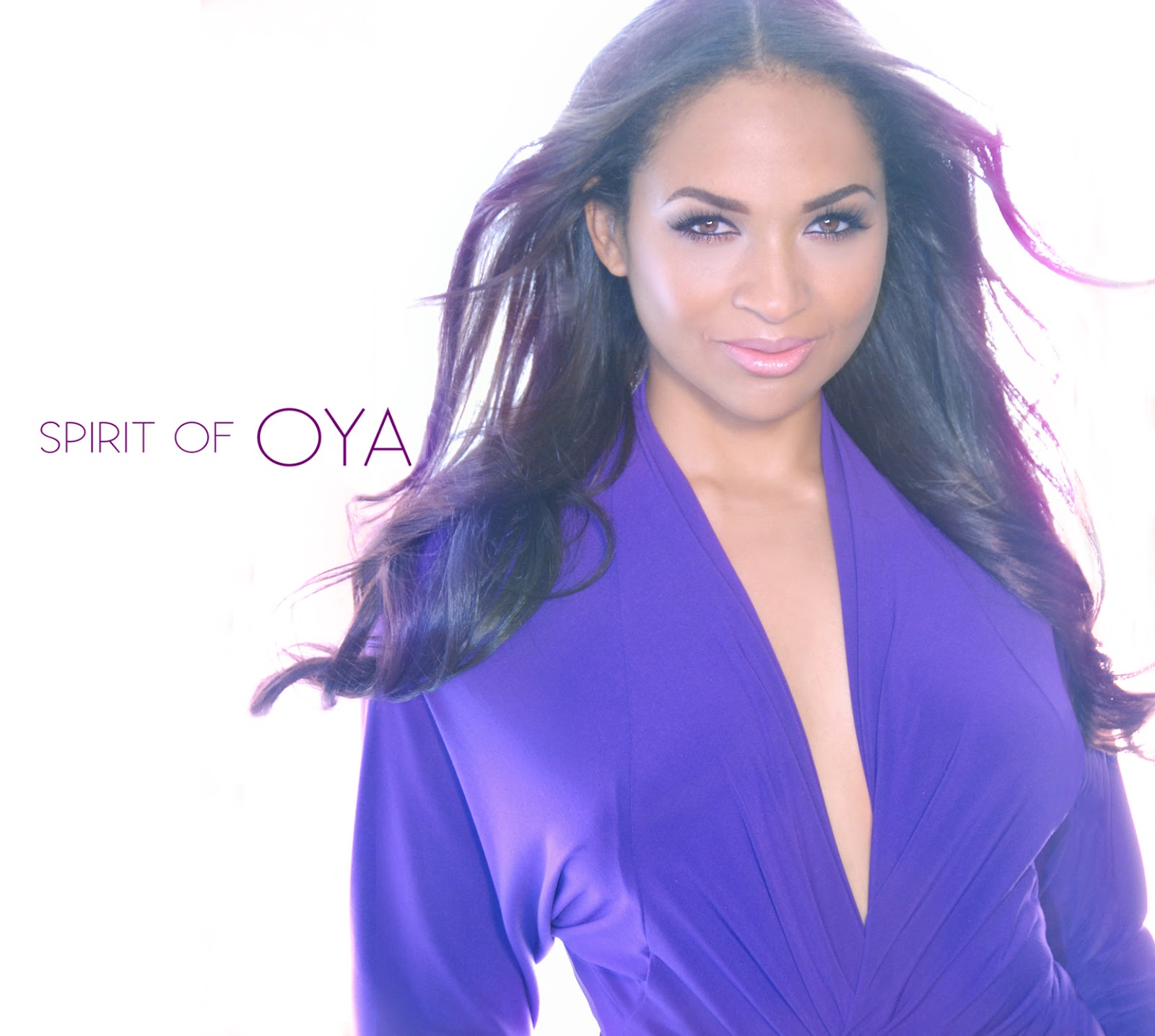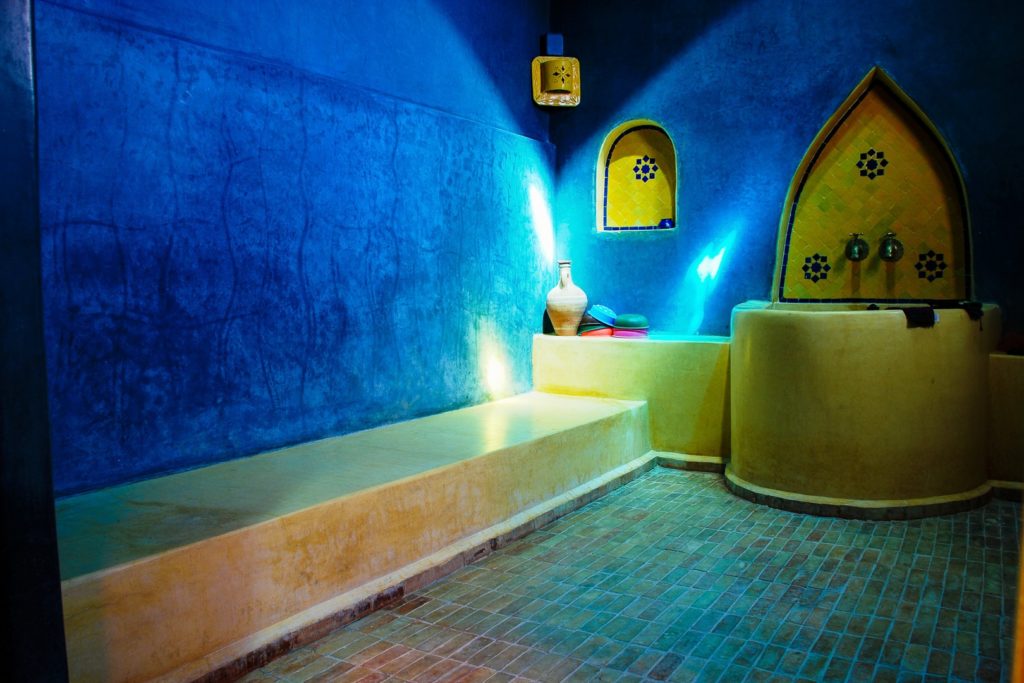

The deity is renowned for his ability to outsmart and triumph over more powerful opponents through his ingenuity. He is credited with teaching humans how to take care of themselves through agriculture and hunting. He is also one of the most important characters of West African, African American, and Caribbean folklore. His name translates to Spider and he is often depicted as such. Ananzi is considered to be the god of all knowledge of stories. AnansiĪnansi is a West African god who is often portrayed as a trickster. She is also the patron goddess of girls and young unmarried women.Īccording to legend if any man looks at her directly, they will fall sick and die. In the Zulu people’s traditional religion, Inkosazana is associated with agriculture and growth. She is a member of the Zulu pantheon of gods and is often referred to as the “heavenly princess.” Inkosazana is the young and beautiful goddess of rain and agriculture for the Zulu people of South Africa. She is also the protector of women and children. She is believed to be a provider of wealth and riches to her followers. The water goddess is highly respected and feared in equal measure. Mami Wata is venerated in Western, Central, and Southern Africa as well as in the African diaspora in North and South America. However, according to mythology, the deity can transform her body into any form of her choice. Next on the list of powerful African Gods is Mami Wata. Mami Wata is a water spirit that is sometimes depicted as having the upper body of a woman and the lower body of a fish.

Lisa is associated with the complementary qualities of the sun, day, heat, work, power, war, strength, and toughness. This complex deity is a dualistic figure combining the female Mawu and the male Lisa.Īmong the Fon, Mawu is associated with the moon, night, fertility, motherhood, gentleness, forgiveness, rest, and joy. Mawu-Lisa is the primary deity for the Fon people in Bennin and parts of West Africa. Locals believe that both Kibuka and his older brother, Mukasa, used to be mortals who later attained godhood. According to some sources, Kibuka provides counsel to the Baganda kings during periods of war and strife. Kibuka is the war god of the Buganda tribe from East Africa. He and his brother Mukasa are the two principal gods of the Baganda. He protects the Tonga people and gives them sustenance during difficult times. This African God is often depicted as being a dragon-like creature with a snake’s body and the head of a fish.Īccording to mythology, Nyami Nyami resides in the Zambezi River and controls life in and on the water together with his wife Kitapo. Our second African God, Nyami Nyami, is from Southern Africa. Also known as the Zambezi River god or Zambezi Snake spirit, Nyami Nyami is one of the most important Gods to the Tonga people of Zambia and Zimbabwe. The Macumba religion is also practised in Brazil and parts of South America. The ferocious and protective deity is worshipped by the Yoruba in Nigeria and is regarded as one of the most powerful gods in the Macumba religion. When women find themselves in difficult situations, they call on Oya to come to their aid. She is a fierce warrior and strong protector of women. She is also the goddess of female leadership, persuasive charm, and transformation. The first African God on our list is the goddess Oya. Oya is the goddess of weather, especially tornadoes, lightning, destructive rainstorms, and fire.

The names of these mythological figures inspire veneration, devoutness, and even fear. In this article, you will learn about ten powerful African Gods from across the continent. This is hardly surprising given that the African continent is home to more than 1.2 billion people spread across more than 3,000 tribes and 30.37 million km² of land. There are many gods across the African continent that it is almost impossible to enumerate them all.


 0 kommentar(er)
0 kommentar(er)
